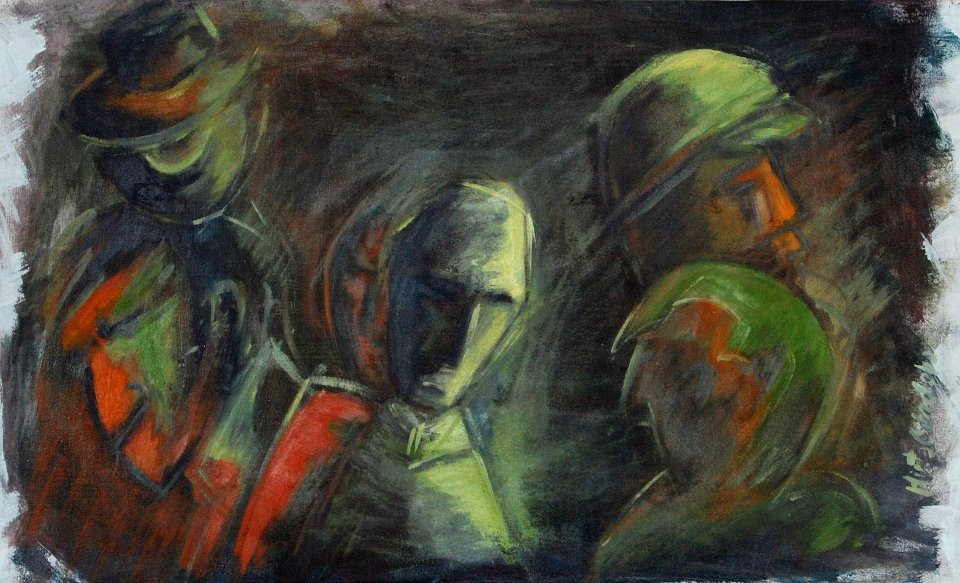LITERARY READING IN THE SCHOOL CONTEXT: A PSYCHOANALYTIC APPROACH OF THE TALE "THE THREE LANGUAGES" OF THE BROTHERS GRIMM
DOI:
https://doi.org/10.48075/rlhm.v13i21.16329Keywords:
Leitura.Literatura Infantil.Contos.PsicanáliseAbstract
This paper aims to present the importance of the teaching of literature for the intellectual, cultural and social development of the human being, from the study of the stories from the point of view of psychoanalysis, which points out how effective tools at work with the child subjectivity; for understanding the psychic development of the children; for the acceptance of the existence of the unconscious; and for the identification of the stages of human existence. Starting from the study of several researchers such as Coelho (2002), Bettelheim (2002), Silva (2009), Alves, Espíndola and Massuia (2011), we write the analysis and interpretation of the literary tale "The Three Languages" of the Brothers Grimm, and present a brief study on the functionality of the psychological approach of the stories in the school context, in order to explain how psychoanalysis (FREUD, 1909) contributes to emotional and social development of the student.
Downloads
Published
How to Cite
Issue
Section
License
Aviso de Direito Autoral Creative Commons
Política para Periódicos de Acesso Livre
Autores que publicam nesta revista concordam com os seguintes termos:
1. Autores mantém os direitos autorais e concedem à revista o direito de primeira publicação, com o trabalho simultaneamente licenciado sob a Licença Creative Commons Attribution que permite o compartilhamento do trabalho com reconhecimento da autoria e publicação inicial nesta revista.2. Autores têm autorização para assumir contratos adicionais separadamente, para distribuição não-exclusiva da versão do trabalho publicada nesta revista (ex.: publicar em repositório institucional ou como capítulo de livro), com reconhecimento de autoria e publicação inicial nesta revista.
3. Autores têm permissão e são estimulados a publicar e distribuir seu trabalho online (ex.: em repositórios institucionais ou na sua página pessoal) a qualquer ponto antes ou durante o processo editorial, já que isso pode gerar alterações produtivas, bem como aumentar o impacto e a citação do trabalho publicado (Veja O Efeito do Acesso Livre).
Licença Creative Commons
Esta obra está licenciada com uma Licença Creative Commons Atribuição-NãoComercial-CompartilhaIgual 4.0 Internacional, o que permite compartilhar, copiar, distribuir, exibir, reproduzir, a totalidade ou partes desde que não tenha objetivo comercial e sejam citados os autores e a fonte.


